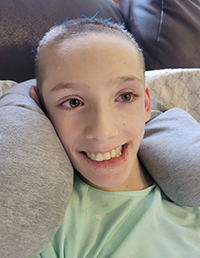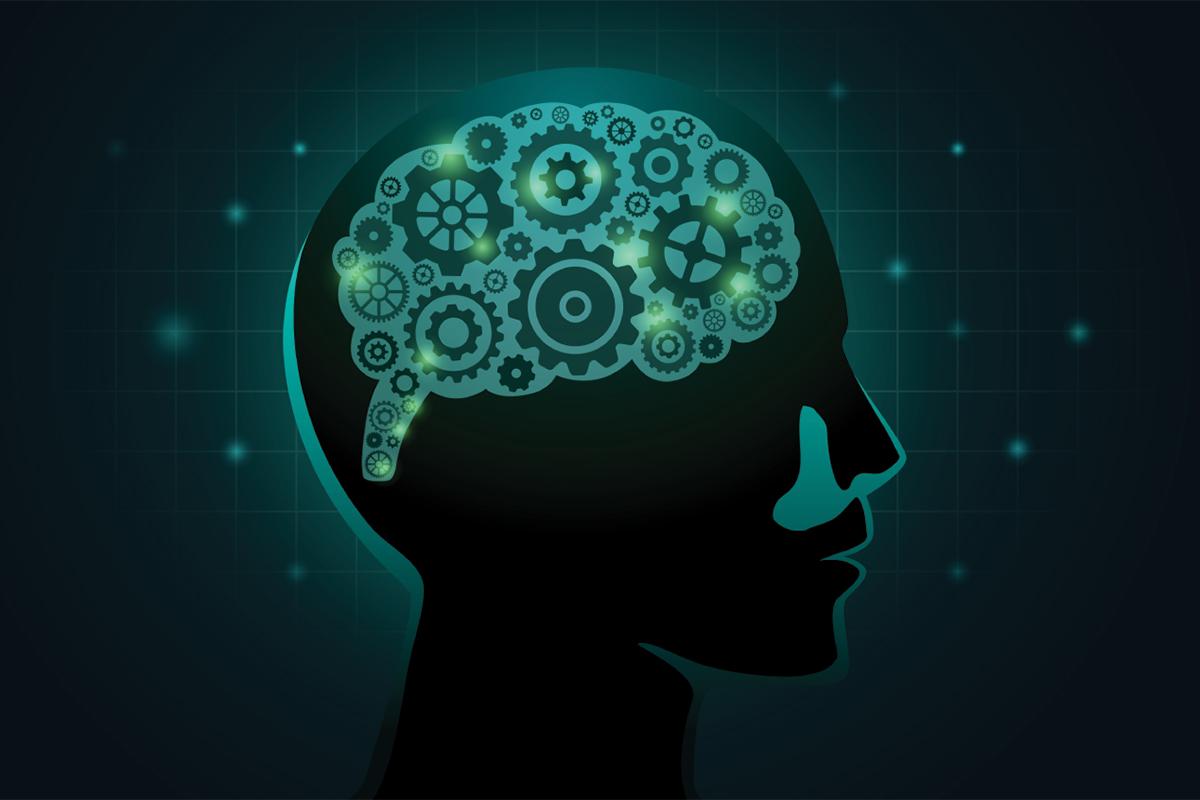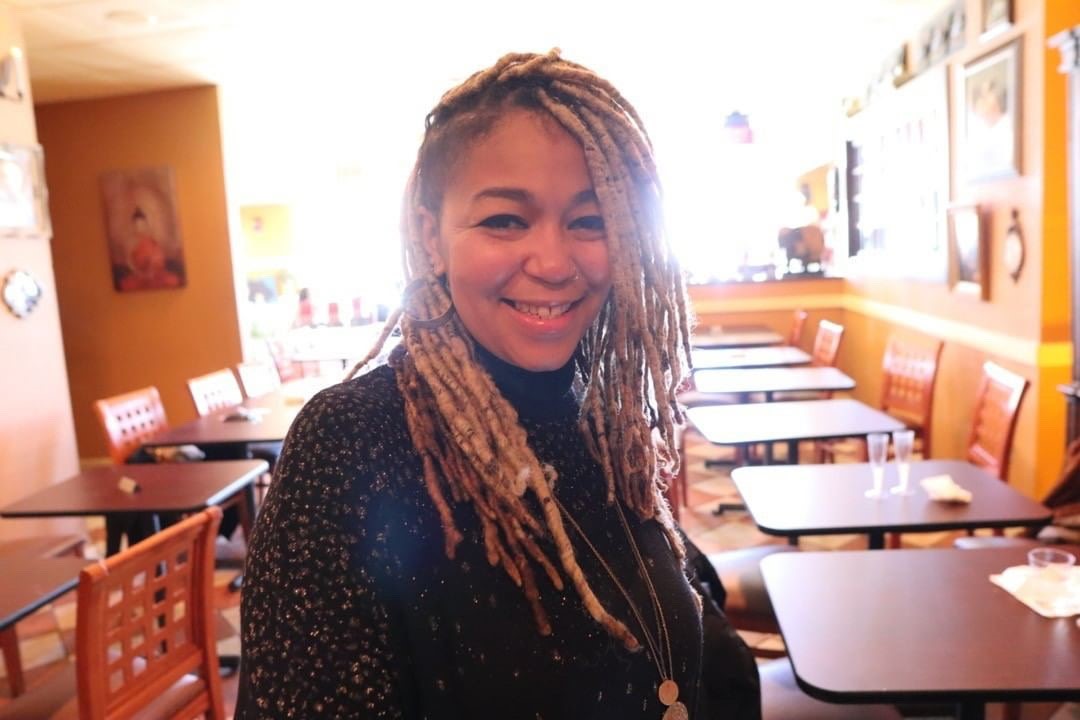Physicians are using deep brain stimulation (DBS) to address a disorder that causes spasms and self-harm, known as Lesch-Nyhan syndrome. The initial results of this approach are raising the possibility of treatment options for a disease that currently has none.
Nicole and Daniel Grecco, of Thomaston, CT, noticed their then, 6-month-old son Daniel was not meeting developmental milestones. He also suffered from spasms and bit his fingers. Baby Daniel underwent genetic testing; doctors diagnosed him with Lesch-Nyhan syndrome.
 Daniel Grecco
Daniel Grecco“Lesch-Nyhan syndrome is a rare, progressive genetic disease more common in boys,” said Ms. Grecco who has three older daughters.
Daniel, now 13, loves camping, NASCAR and cooking shows. At his core, he is a funny, intelligent boy who plays pranks and is known as “the mayor” at school. However, Daniel was facing a rapid decline.
With the diagnosis, the Greccos took Daniel to every specialist they thought could help. In September 2022 the Greccos arrived at Yale New Haven Children’s Hospital where he was evaluated by Nigel S. Bamford, MD, director of the Comprehensive Pediatric Movement Disorders Program.
Dr. Bamford collaborated with his colleagues from Neurosurgery and adult Neurology, Eyiyemisi Damisah, MD and Veronica Santini MD, who used what they knew about treating similar diseases to create a treatment plan.
“I saw a boy who had maxed out his options,” said Dr. Damisah, a neurosurgeon at Yale New Haven Children’s Hospital, and professor of Neurosurgery at Yale Medicine. "He was having spasms every hour, couldn’t eat, and couldn’t sleep. The situation called for immediate action.”
Daniel would undergo deep brain stimulation. DBS is the standard of care for patients with Parkinson’s disease, essential tremor, and is being studied for mood disorders such as anxiety and depression.
To identify the precise brain circuits that regulate Daniel’s symptoms, the team used an approach called closed-loop DBS. It works by detecting the neural activity pattern that occurs when Daniel has a spasm and then sends pulses of electrical stimulation to stave off the spasm. All the pulses are recorded and adjusted automatically, delivering the most tailored care possible.
After a few months of DBS treatment, Daniel has been able to eat more and his spasms are reduced. Although this treatment is new and Daniel still struggles daily, his parents are relieved to receive some hope for their child.
Daniel is nonverbal but has his own language – which is becoming a bit clearer on better days.
The team is using the DBS system to track his brain activity to better understand the disease. These insights could help scientists develop gene therapy in the future for patients with similar rare diseases.
“The good days are amazing,” said Mr. Grecco. The family is hoping that his condition will improve to the point where they can take Daniel to a bucket list event: a NASCAR race.





